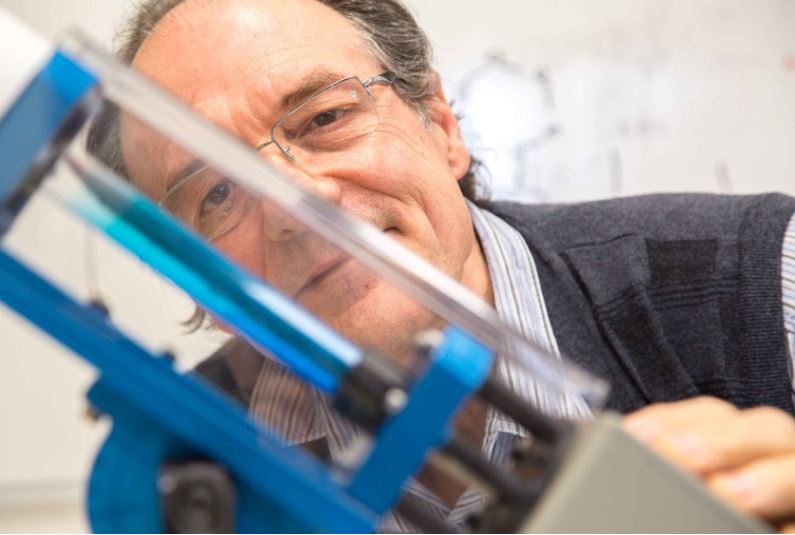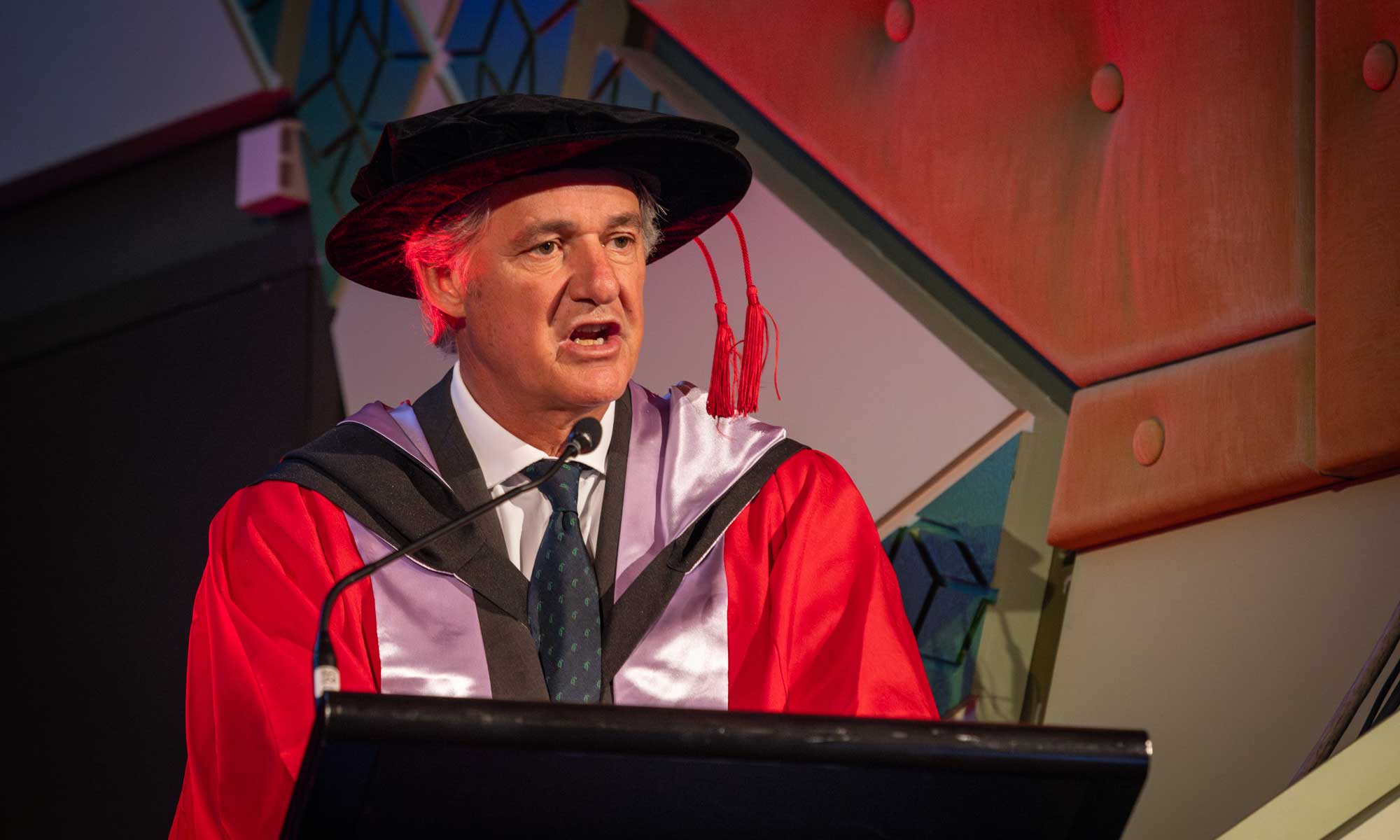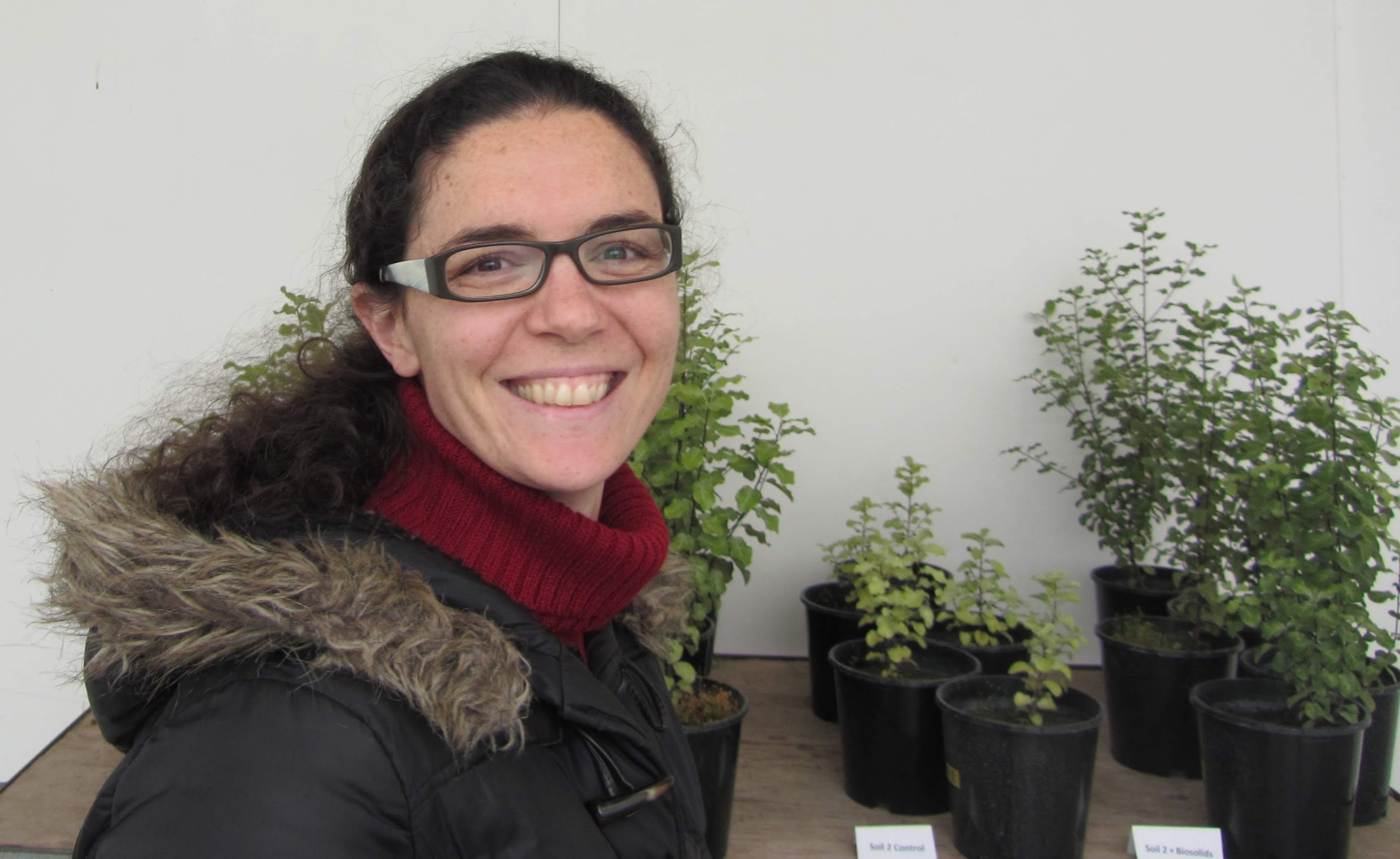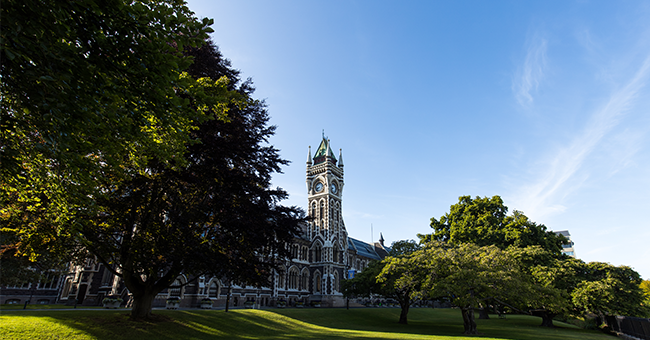
The expansion of clean chemistry applications for the Vortex Fluidic Device – invented by Flinders University’s Professor Colin Raston – continues with the successful rapid and simplified production of artificial liposomes that could help transform medical drug functionality.
Liposomes have emerged as important vehicles for drug and gene delivery applications, due to liposomes mimicking cell behaviour and enabling their protection from the immune responses of the body.
Now, researchers at Flinders University have developed a straightforward process for fabricating liposomes under continuous flow processing in the VFD.
Since 2013, Professor Raston has worked with his team in the Raston Lab at Flinders University to explore the possibilities of the VFD, which is capable of controlling chemical reactivity, materials processing and probing the structure of self-organised systems, enabling rapid and predictable modifications.
The VFD has already shown itself capable of synthesising esters, amides, ureas, imines, alpha-amino phosphates, beta-Keto esters, modified amino acids and lidocaine, a local anaesthetic.








